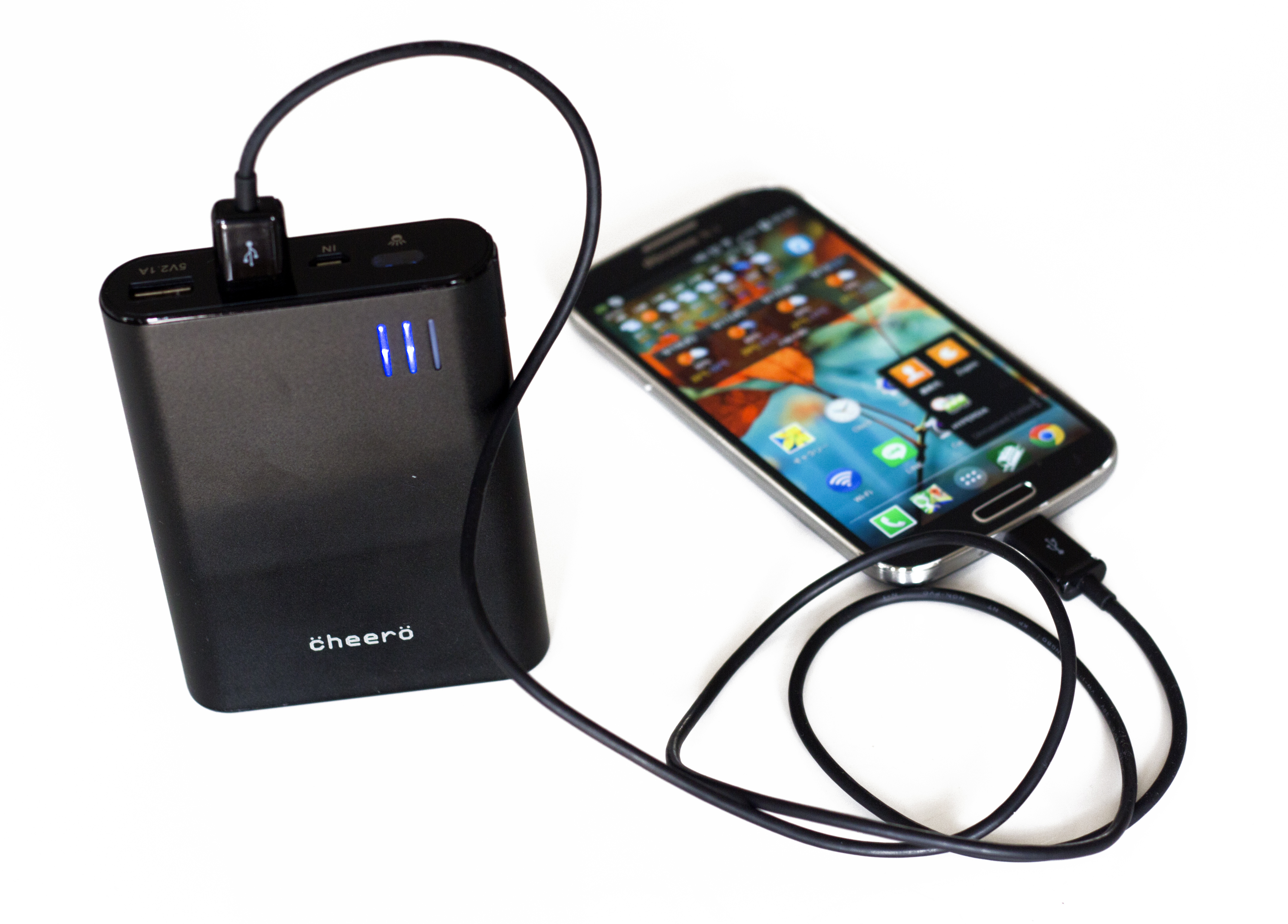Think of the answers to these questions:
- What do you prefer wine or beer? Why?
- What is your favourite season? Why?
- What subject do you prefer studying?
When we want to express the differences between two things, units or people we use comparative forms of adjectives. The way we use comparatives in English is different from the way we do it in Spanish. In English, we must be familiar with the number of syllables of an adjective to use the corresponding comparing form. This unit will help you use comparative forms in many aspects of your life.
By the end of this topic you will:
Identify the use of comparatives, using the grammar form and exercises, to produce oral and written sentences which compare people, objects and places.

|

|
Study this example:
The comparative form is er than or more … than. Use an adjective and the comparative form to compare two different things.
For adjectives that are just one syllable, add -er to the end.
fast The convertible car is faster than the van.
sweet This milkshake is sweeter than the tea.
thin My boyfriend is thinner than me.
Note that if a one-syllable adjective ends in a single vowel letter followed by a single consonant letter, the consonant letter is doubled.
thin → thinner than, big → bigger than, hot → hotter than
For two-syllable adjectives ending in -y, change the -y to -i and add -er.
lucky Sergio is luckier than her sister Marissa.
pretty Sharon is not prettier than Lola.
tidy David’s room is tidier than my room.
Two or more syllable form the comparative with more … than:
arrogant Hugo’s boss is more arrogant than my boss.
elegant Buckingham Palace is more elegant than my house.
cooperative Fernando is more cooperative than Ulysses when they are in the classroom.
Choose one option to complete the sentence.
Order the following words to form comparatives.
Activity 1
When did you last go to a circus? What do you prefer, a circus with animals or only with acrobats?
Based on the use of comparatives (adjective + -er, or more + adjective + than) and the text The Banthai Circus, read the sentences and choose True (T) or False (F) according to what you read.
The Banthai Circus The Banthai Circus is in my town now! Every year, this circus arrives and stays for a week. Then they go to the next town. There are not many animals in the circus. People told the circus they didn't like seeing animals performing. There is an elephant called Jacob and two old lions, Hattie and Meg. Hattie is older than Meg, and it only has one act. Most of the performers are humans. There is Leopold and his father, Joseph, who also works in the circus. Leopold performs in the trapeze. He is stronger than Joseph and has bigger arms and legs too! Leopold performs every night for the town's people, who get excited every time they see him spinning in the trapeze. Another performer is Clara. She has very long hair: it’s about 5 meters long! She also has a son who works in the circus. His name is Abraham. His hair is a lot shorter. He doesn’t want to have long hair. Abraham is shorter than Leopold and takes care of the animals. He is also learning how to be a more prepared juggler. The highlights of the circus are the clowns: Frosty and Rusty. They wear very colourful clothes and shoes. Frosty’s shoes are longer and shinier. They perform for about fifteen minutes, and they are always more popular than any other act, especially with children. Many people think Frosty and Rusty are siblings, but they are not. They are close friends. Actually, Rusty is older than Frosty, but Frosty is taller and even funnier than Rusty. Tomorrow will be harder than today as the circus is leaving town and they need pack everything and be ready for their next town. Adapted text from Esl Lounge Student (2017). The Circus: Superlatives and comparatives [electronic document]. Last retrieved on February 17th, 2016 from http://www.esl-lounge.com/student/reading/2r9-circus-superlative-reading.php |
Activity 2
What do you know about London? Have you ever been to Paris? What do these cities have in common?

(w. y.) (2012). London [photo]. Taken from https://commons.wikimedia.org/wiki/File:Londres-mjg.jpg#/media/File:Londres-mjg.jpg

Lieu, B. (2008).View over Paris [photo]. Taken from https://commons.wikimedia.org/wiki/File:Paris_Night_f.jpg#/media/File:Paris_Night_f.jpg
Listening 1
Based on the use of comparatives (adjective + -er, or more + adjective + than), and the clip, read the sentences and choose True (T) or False (F) according to what you read.
Activity 3
What’s your nationality? What do you think about your ideas and beliefs? Can you contrast them with ideas from other people or foreigners?
Based on the use of comparatives (adjective + -er, or more + adjective + than), and the conversation, read the sentences and choose the country which completes the idea.
Listen to this conversation and complete the sentences with a word. You have only one attempt to do it.
Listening 2
Activity 4
According to the topic: “Grades of Comparison. Superiority: Adjective + er +than; more + adjective +than” write 10 comparative sentences about people in your family. Consider this information:
- age
- height
- personality
- physical appearance
- languages they speak
- what time they wake up
Follow the examples:
My brother is taller than me.
I am older than my cousin Emma.
Once you finish your work, open the rubrics and click on the columns that best describe your writing, You’ll notice that the columns turn a different colour when you choose them. Once you finish, you will be given a score and your feedback.
Activity 5
Look at the following adjectives and write at least ten comparative sentences about the personalities of people you know. Do this according to the topic: “Grades of Comparison. Superiority: Adjective + er +than; more + adjective +than”
Read the example below:
My father is more intelligent than my brother. But my brother is more charming. When you finish your sentences, use the following rubrics to evaluate your work.
Activity 6
Think about these situations:
- What’s more entertaining, watching a movie or playing soccer?
- What’s more interesting, travelling to another country or watching documentaries about your country?
Based on the use of comparatives (adjective + -er, or more + adjective + than), look at these categories and adjectives, then write ten sentences about your experiences and likes using comparatives. Make a 2-minute recording, then upload your MP3 file.
Categories
Adjectives
slow |
quick |
safe |
fun |
skillful |
healthy |
interesting |
tasty |
relaxing |
spicy |
expensive |
hot |
hard |
dramatic |
crowded |
popular |
polluted |
difficult |
smart |
noisy |
refreshing |
polite |
cool |
funny |
well-paid |
varied |
stressful |
easy |
big strange |
exciting |
cheap |
boring |
fast |
Once you finish, record your sentences trying not to read. Use the following rubrics to evaluate yourself.
Activity 7
Think of the characteristics of your computer.
- What can it do?
- Is it faster than your previous computer?
- Does it have more capacity than your old computer?
- Is it nicer?
Based on the use of Comparatives (adjective + -er, or more + adjective + than), look at these telephones and write 10 comparative sentences using the following adjectives:

(w. y.) (2011). Face F51 telephone, Italy, about 1950 [photo]. Taken from https://goo.gl/ruhbJd

(w. y.) (2014). Smartphone and external battery charger [photo]. Taken from https://goo.gl/wixxfs
small |
modern |
fast |
obsolete |
cheap |
digital |
expensive |
fragile |
nice |
intuitive |
innovative |
light |
convenient |
thin |
Click here, to listen to the example.
When you finish recording your audio, use the following rubrics to know your score.
• Murphy, R. (2012). English Grammar in Use. Intermediate. Fourth Edition. Cambridge: CUP.
• British Broadcasting Corporation (2011). Section: Learning English / Quiznet. Retrieved on 2017, February 15 from http://www.bbc.co.uk/worldservice/learningenglish/youmeus/quiznet/newquiz62.shtml
• British Broadcasting Corporation (2017). Section: Learning English / Lower-intermediate. . Retrieved on 2017, February 15 from http://www.bbc.co.uk/learningenglish/english/course/lower-intermediate/unit-13/session-2
• British Council (w. y). Section: LearnEnglish / Comparative and superlative adjectives. . Retrieved on 2017, February 15 from https://learnenglish.britishcouncil.org/es/english-grammar/adjectives/comparative-and-superlative-adjectives